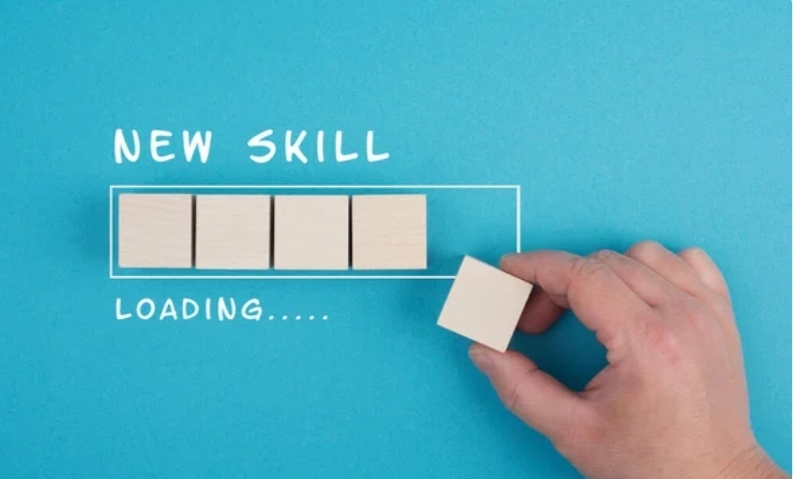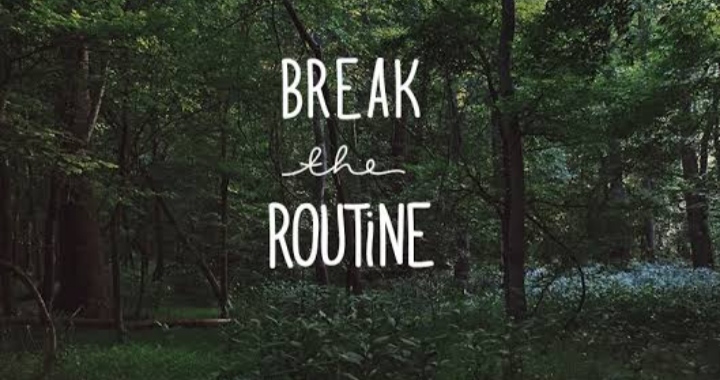
In today’s fast-paced world, in order to stay relevant in the job market one requires continuous learning and skill development. With technology constantly evolving and industries changing, it’s crucial to remain adaptable and keep learning new skills. Whether you’re looking to advance in your current career or explore new opportunities, here are some tips on how you can keep learning new skills.
Set clear goals
Before you embark on your learning journey, determine what skills you want to acquire and why. Setting clear goals will help you stay focused and motivated throughout the process. Whether it’s improving your communication skills, learning a new programming language, or acquiring leadership abilities, having specific objectives in mind will guide your learning path.
Take advantage of online resources
The internet is a treasure trove of information and resources for learning new skills. Websites like Coursera, Udemy, and LinkedIn Learning offer a wide range of courses on various topics, from digital marketing to data analysis. You can also find tutorials, webinars, and articles on platforms like YouTube, TED Talks, and Medium. Take advantage of these resources in order to enhance your knowledge and skills.
Join a community or network
Surrounding yourself with like-minded individuals who share your interests can be a great way to learn new skills. Joining a professional association, attending networking events, or participating in online communities can provide you with valuable insights and opportunities for growth. Engaging with others who are also passionate about learning can inspire you and keep you motivated.
Practice regularly
Learning a new skill takes time and practice. Therefore, make sure to dedicate regular time to honing your abilities and applying what you’ve learned. Whether it’s through hands-on projects, group discussions, or real-world scenarios, practicing your skills will reinforce your learning and help you make progress.
Seek feedback and mentorship
Feedback is essential for growth and improvement. Don’t be afraid to ask for feedback from peers, mentors, or experts in the field. Their insights can help you identify areas for improvement and provide valuable guidance on how to enhance your skills. Finding a mentor can also be beneficial in your learning journey. Mentors can offer guidance, support, and valuable insights based on their own experiences.
Stay curious and be open to new experiences
Learning new skills requires a curious mind and a willingness to step out of your comfort zone. Be open to trying new things, exploring different perspectives, and embracing challenges. Adopting a growth mindset and viewing setbacks as opportunities for learning and development will help you stay resilient and motivated in your pursuit of new skills.
Hence, keep learning new skills because it is essential for personal and professional growth in today’s rapidly changing world. By setting clear goals, leveraging online resources, joining communities, practicing regularly, seeking feedback, and staying curious, you can continuously expand your knowledge and abilities. Embrace the learning process as a lifelong journey and enjoy the rewards of acquiring new skills and staying ahead of the curve.



